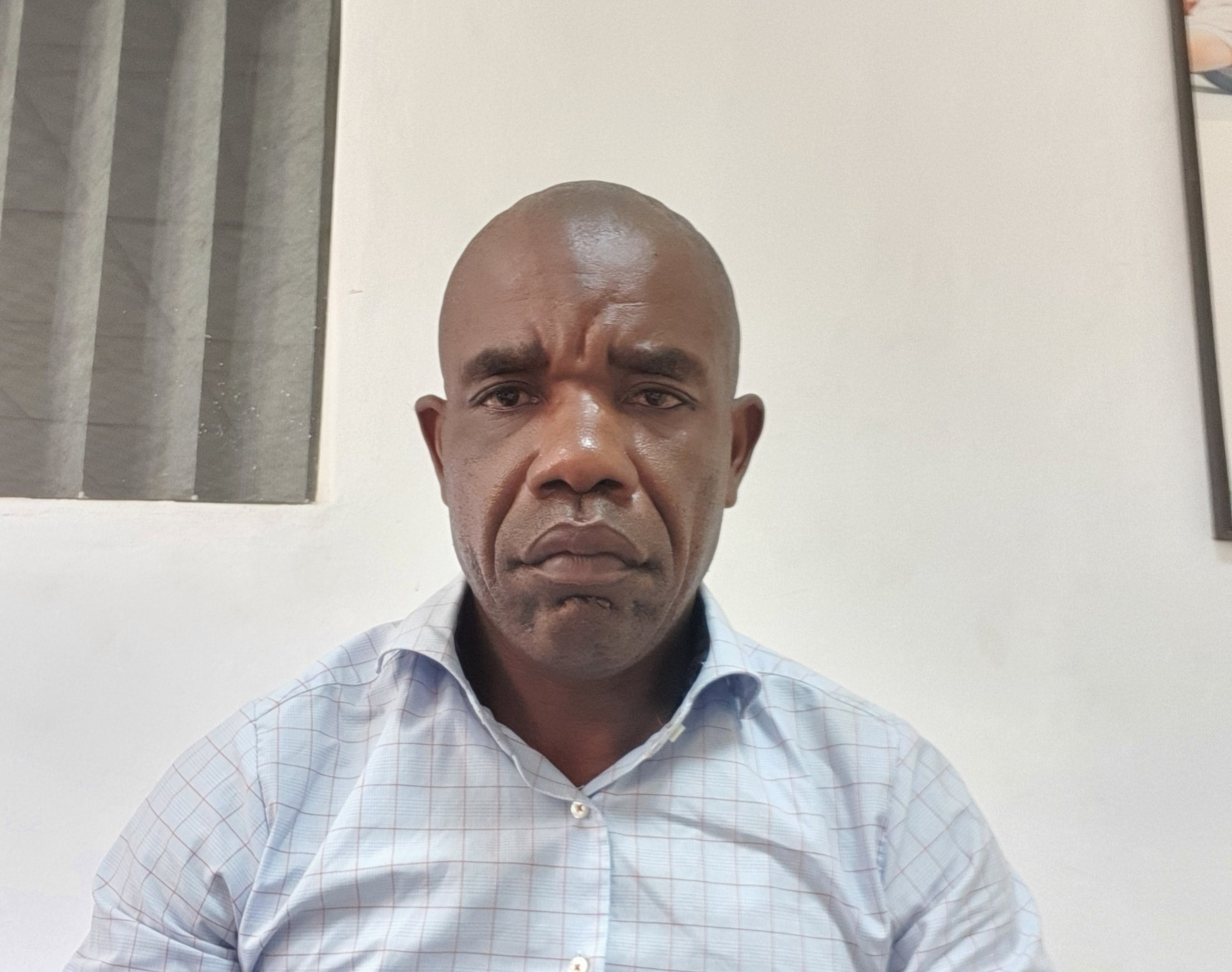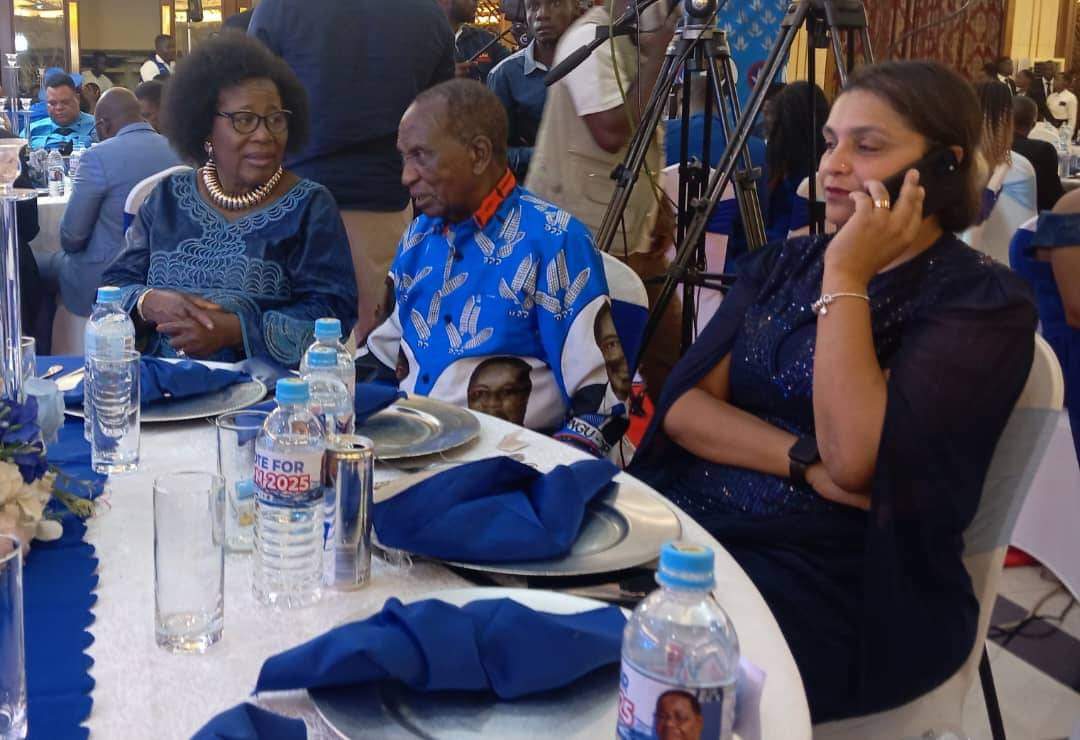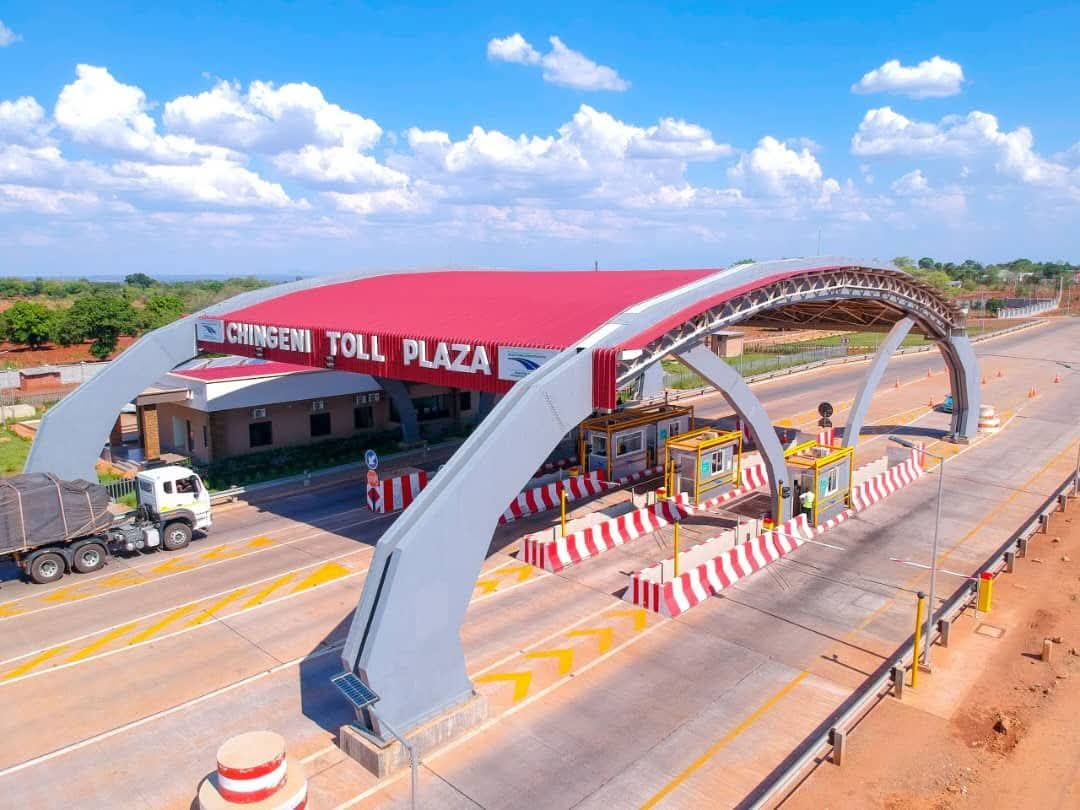Political Commentator Chitera takes on ACB
Opinion By Suleman Chitera, Chiradzulu based political commentator
The Anti-Corruption Bureau (ACB) has, for years, paraded itself as the national watchdog against corruption, championing the fight through “sensitization campaigns” mainly in rural areas. Time and again, we see ACB officials trekking to the remotest corners of Malawi, gathering villagers to tell them about the dangers of corruption—sometimes over loudspeakers, sometimes in classrooms, or under trees—spending fuel, accommodation, and allowances. But the pressing question is: why?
Why does ACB dedicate so much energy, time, and resources to target rural Malawi, where the impact and scale of corruption are negligible compared to what’s happening in the urban power corridors of government ministries and parastatals?
Misplaced Priorities
Let’s be honest—corruption is not a rural phenomenon. Villagers are not the ones awarding inflated contracts, looting public funds, or diverting billions from health and education budgets. It is government officials, ministers, CEOs, principal secretaries, procurement officers, and other top bureaucrats who are at the center of serious financial crimes that cripple our country.
But where is ACB in all this?
The same ACB, headquartered in cities and surrounded by institutions riddled with corruption, acts blind. Tip them off about a powerful minister involved in shady dealings and what do they do? Silence. But tell them that a village chief accepted a goat as a gift from a subordinate, and suddenly, they’re on the move with a full operation.
Sensitization or Excuse?
The so-called “sensitization” campaigns in villages have become nothing more than routine excuses to claim allowances and burn public funds. This strategy is not only wasteful but insulting to Malawians who expect justice. These trips don’t stop the billion-kwacha contracts that go unaccounted for. They don’t recover funds siphoned from government coffers. They don’t jail those responsible for financial crimes.
Instead, they target villagers—people with little to no involvement in state-level corruption—turning them into scapegoats while the real thieves are left untouched.
When Fighting Corruption Becomes a Joke
Let’s face it: when ACB spends more time investigating a chief over a chicken than it does questioning a minister over a K3 billion contract, it becomes a joke. And not a funny one, but a painful, bitter joke at the expense of the average Malawian.
We must ask: is the ACB afraid to go after high-profile politicians and officials? Is the bureau being manipulated by those in power to protect their own while distracting the public with village tales? Or is it simply dysfunctional?
Time for Action, Not Excuses
Malawians are not stupid. We know where corruption is happening. We know who the culprits are. We see the flashy lifestyles that don’t match salaries. We read audit reports that mention billions unaccounted for. We hear the leaked audios. We see whistleblowers being ignored.
It’s time for ACB to stop the bluffing.
Malawians want to see arrests. Not of chiefs with chickens. Not of ward clerks with envelopes. We want arrests of those who steal millions meant for medicine, for school infrastructure, for rural development.
Conclusion
The Anti-Corruption Bureau must wake up. If the institution wants to gain the trust of Malawians, it must go where the real corruption is—in government offices, in boardrooms, and in the hands of politically connected individuals. If not, the bureau risks being viewed not as a protector of justice, but as a tool for harassment and a drain on public resources.
We say to ACB: Enough with the village trips. Start fishing where the real sharks swim.
Only then will Malawians believe that the fight against corruption is not a charade.




